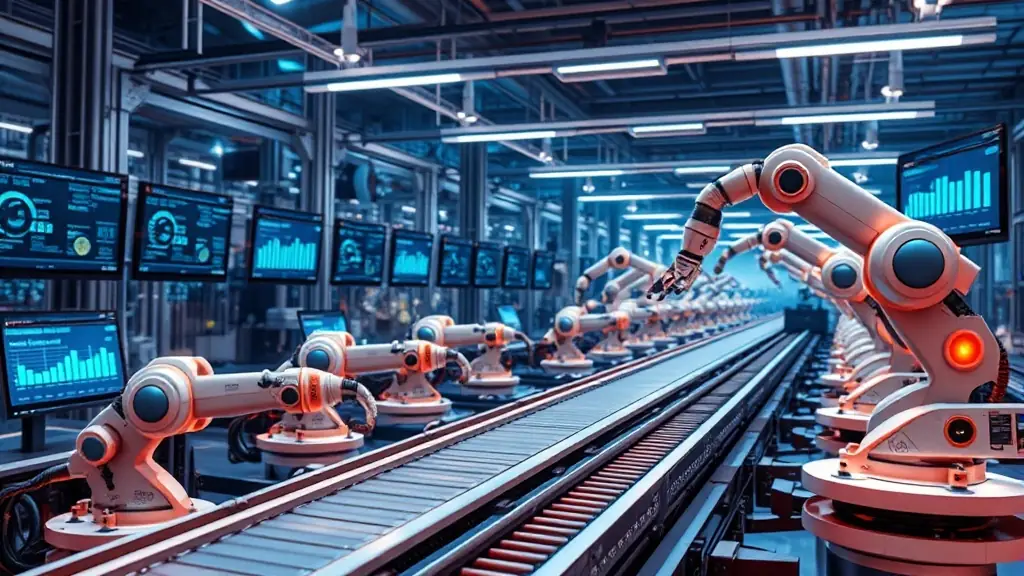Artificial intelligence (AI) is reshaping the way industries operate, particularly in the realm of automation. By integrating AI into control systems, companies can achieve unprecedented levels of efficiency and precision. This transformation allows for real-time data analysis and adaptive control, which are essential for modern manufacturing processes. As industries continue to evolve, the role of AI in automation will only become more significant.
One of the most notable advancements in AI-driven automation is the development of self-tuning controllers. These controllers can adjust their parameters automatically based on the changing conditions of the production environment. This capability not only enhances production efficiency but also reduces the need for manual intervention, allowing engineers to focus on more strategic tasks. The implications of this technology are vast, impacting everything from energy systems to complex manufacturing processes.
As we look to the future, the integration of AI in industrial automation is expected to accelerate. Companies that embrace these innovations will likely gain a competitive edge in their respective markets. By leveraging AI, businesses can optimize their operations, reduce costs, and improve product quality, ultimately leading to greater customer satisfaction.

